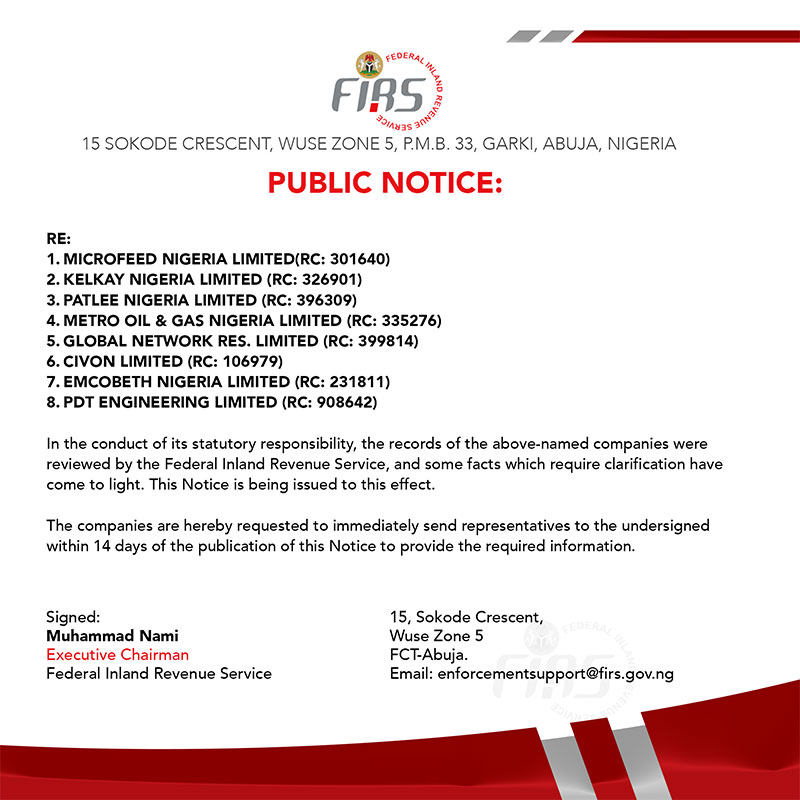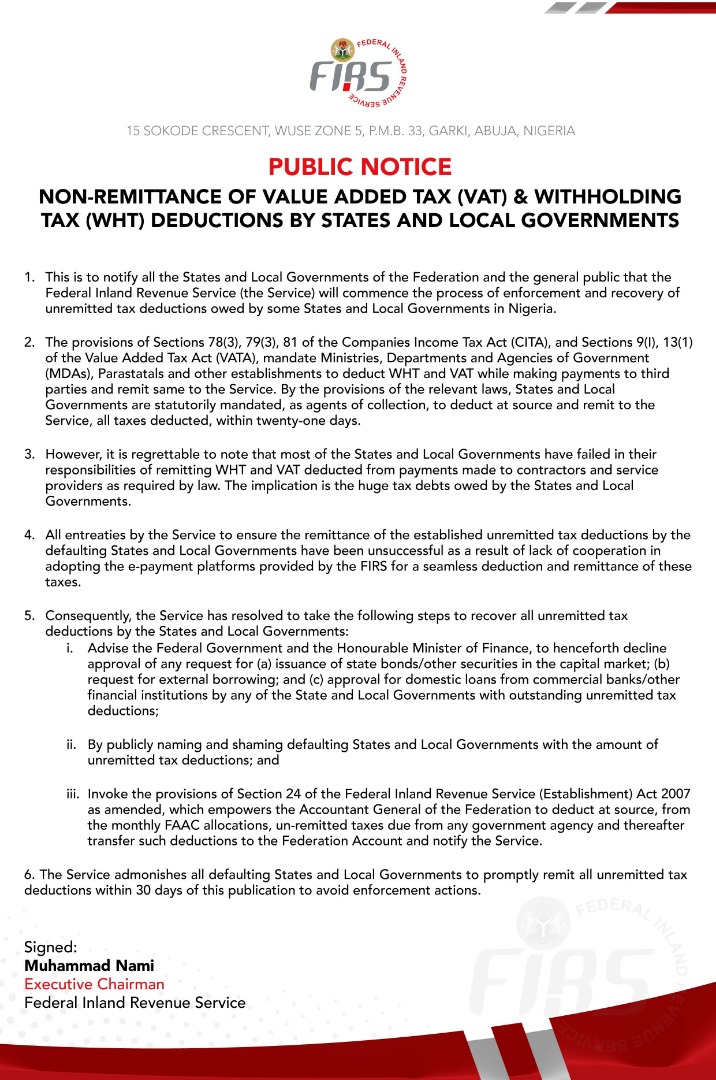Dr Faisal Shuaib, the Executive Director of NPHCDA, made the disclosure at the Presidential Task Force (PTF) on COVID-19 briefing on Monday in Abuja.
“As earlier communicated, Nigeria is no longer expecting the 100,000 doses of the Pfizer/BIONtech vaccine through the COVAX facility but has been allocated about 16 million doses of the AstraZeneca vaccine.
“This was based on epidemiological and equity assessment done by WHO.
“These vaccines will be arriving in batches, starting by late February, “ Shuaib said.
He noted that Nigeria was considered one of the countries ready to receive the Pfizer vaccine but, because the distribution intended to achieve public health value, it was not practical to provide every capable country with the vaccine due to its limited quantity.
“This necessitated further review by a multi-agency committee to narrow down the selection process. This information was disclosed to us by WHO.
“As stated by the WHO regional director, a number of factors were considered in allocating the small quantity of 320,000 doses of the Pfizer vaccine to 13 countries in Africa.
“These include mortality rate from COVID-19, numbers of new cases, populations of the countries involved and availability of appropriate cold chain equipment,” he said.
According to the official, Nigeria is by no means ahead of countries such as South Africa in terms of mortality or incident rate of COVID-19 and is not the least populated in comparison to the other countries.
“Replacement of the initial 100,000 doses of the Pfizer vaccine with 16 million doses of the AstraZeneca vaccine is in fact a welcome development as it will enable a wider reach of our population and is a better option using our routine cold chain system, though we still have an ultracold chain capacity that would have been able to store more than 400,000 doses of the Pfizer vaccine,” he explained.
Shuaib said Nigeria has yet to find the South African variant of COVID-19 in its population and will continue with plans to distribute the AstraZeneca vaccine.
He said that authorities were searching test samples for the South African strain and subjecting samples from travellers returning from the United Kingdom and South Africa to further genomic sequencing.
“We will continue to work with regulators to ensure that only a vaccine that is effective against the predominant COVID-19 strain in Nigeria will be administered.
“As you may be aware, South African Government has suspended vaccination with the Oxford/Astrazeneca vaccine in response to findings from a study which showed that the vaccine was less efficacious against the B.1.351 strain of the COVID-19 virus which is the predominant strain in South Africa.”
The executive director said that Nigeria had yet to isolate the strain.
“The Nigeria Centre for Disease Control, working with Nigeria Institute of Medical Research and others, will intensify the search for this strain from samples collected.
“In the meantime, we will continue to work with NAFDAC to ensure that only a vaccine which is effective against the predominant COVID-19 strain in Nigeria will be administered,” he said.
He said that as part of an ongoing awareness programme, the agency had met with the National Youth Council of Nigeria, and leadership of the Radio, Television and Theatre Art Workers Union.
He added that the agency would meet with over 50 more organisations and critical stakeholders to provide them with factual information that would enable them to produce educative content on the safety of COVID-19 vaccines.
He urged the mass media to present accurate and objective reports on that, and contribute to the fight against misinformation.
“The COVID-19 pandemic has, no doubts, posed a crisis amidst all other societal challenges.
“There is therefore no better time to be a patriotic citizen than now.
“I am confident that, working together as patriotic Nigerians, we shall collectively overcome the challenges,” Shuaib said.
He reassured Nigerians that the Federal Government was committed to acquiring sufficient COVID-19 vaccines which would safe, efficacious.






























